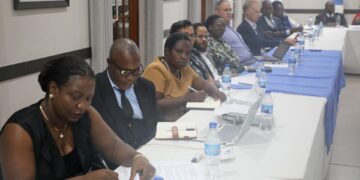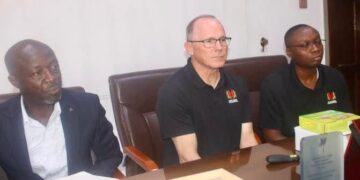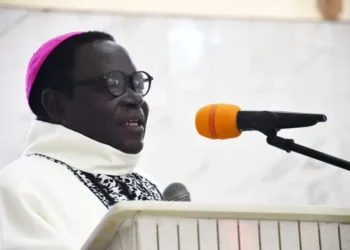The House of Representatives has called on the Federal Ministry of Education to initiate a pilot program in selected schools nationwide to explore the feasibility and benefits of using local languages as a medium of instruction. The motion, sponsored by Kalejaiye Adeboye Paul (APC, Lagos), highlighted the importance of revitalising indigenous languages in Nigeria’s education system.
Kalejaiye noted that Nigeria’s linguistic diversity reflects its rich cultural heritage, yet English remains the dominant language of instruction. This reliance on English, he argued, has marginalised local languages like Hausa, Igbo, and Yoruba, pushing them toward extinction. He emphasised that integrating indigenous languages into classrooms could strengthen teacher-student relationships, creating a more engaging and culturally relevant learning environment.
The lawmaker also stressed that teaching in mother tongues fosters better community engagement in education, as it aligns language with cultural contexts. This approach, he said, promotes inclusivity and ensures active participation from families and communities in supporting children’s academic success.
Advocating for the initiative, Kalejaiye underscored the potential of indigenous language instruction to bridge the gap between education and culture. He added that prioritizing local languages could empower communities, foster national unity, and ensure that no child is disadvantaged due to linguistic barriers. The proposed pilot program is seen as a vital step toward achieving a more inclusive and culturally sensitive education system in Nigeria.


















































































 EduTimes Africa, a product of Education Times Africa, is a magazine publication that aims to lend its support to close the yawning gap in Africa's educational development.
EduTimes Africa, a product of Education Times Africa, is a magazine publication that aims to lend its support to close the yawning gap in Africa's educational development.